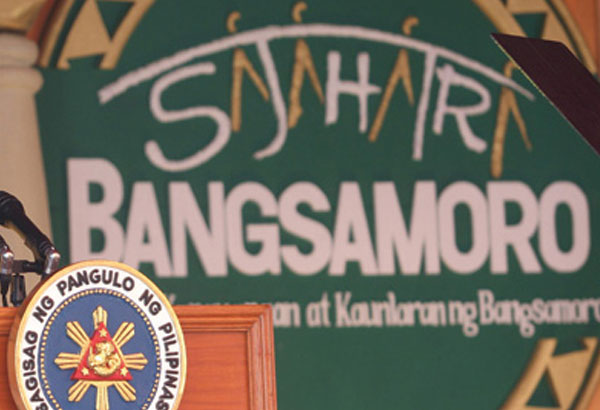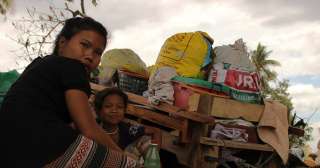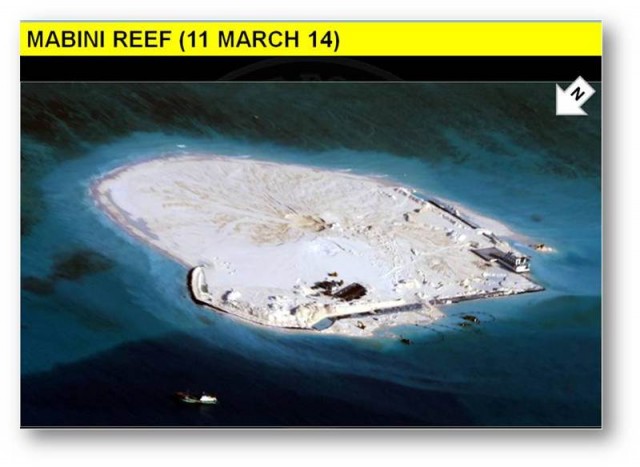A total of 92
military aircraft from the United States ,
Philippines and Australia
Lt. Col. Harold
Cabunoc, AFP public affairs office chief, said that the Americans will be
deploying 76 military aircraft while the Philippines
Earlier, the AFP
said that 11,740 troops from the three countries will be participating in
this year’s Balikatan exercises.
This can be
broken down into 6,656 personnel for the US
He added that the
US
Balikatan is an
annual combined joint exercise between the governments of the Philippines
This is conducted
every year to serve as a venue for joint and combined training between the Philippines and United States
“Our Armed Forces
and the US Armed Forces are coming together for this mutual defense and
disaster response exercises towards a more responsive partnership to the
community focusing on development and community service,” Cabunoc said.
This year’s
Balikatan is the 31st in the series of bilateral exercises based on the 1951
Mutual Defense Treaty.
The exercise is
designed to enhance the Armed Forces of the Philippines and the United States
Armed Forces in capability development in the conduct of not only traditional
military training but with civil military projects focusing on reaching out
towards priority communities.
Balikatan 2015
will be conducted in three simultaneous events.
Humanitarian
Civic Assistance (HCA) events is the conduct of combined and joint
civil-military operations by the AFP, US and Australian Defense Forces (ADF) in
selected areas of the Western Command (WESCOM) area of responsibility in Puerto
Princesa City, Palawan and Central Command (CENTCOM) area of responsibility in
Panay Island, to enhance civil-military cooperation in support of the AFP and
US objectives.
In the Command
Post Exercise (CPX) event, the scenario will focus on Marine Security (MARSEC)
with Combined Arms Live Fire Exercise (CALFEX) to demonstrate the capability of
the AFP National Maneuver Force.
Selected US and
ADF staff members will form a Joint Liaison Group (JLG) to support the
capability development at each staff.
While the Field
Training Exercises (FTX) events will have the following involved unit; the
Philippine Army (PA), Philippine Air Force (PAF), Philippine Navy (PN),
Philippine Marine Corps (PMC), AFP Special Operations Force (SOF), United
States Army (USAR), United States Air Force (USAF), United States Navy (USN),
United States Marine Crops (USMC), and United States SOF (US SOF) will be held
in Crow Valley Gunnery Range (CVGR), Tarlac; Basa Air Base (BAB), Floridablanca
and Clark Air Base (CAB) Angeles City, both in Pampanga; Fort Magsaysay, Nueva
Ecija (FMNE); Marine Base Gregorio Lim (MBGL), Ternate, Cavite; Naval Base
Heracleo Alano (NBHA), Sangley Point, Cavite and at Naval Station Leovigildo
Gantiouqui (NSLG), San Antonio, Zambales to enhance capacities and improve
tactics, techniques and procedures, reinforce relations, and improve
interoperability of AFP, US and ADF forces.
Opening ceremony
of Balikatan 2015 will be held at Camp General Emilio Aguinaldo in Quezon City
Balikatan
Exercise Director for this year is Vice Adm. Aexander S. Lopez while Brig. Gen.
Rodolfo B Santiago is the Exercise’s Vice Director and also the commandant of
AFP Command and General Staff College.
http://manilastandardtoday.com/2015/04/13/war-games-highlight-show-of-aerial-force/








